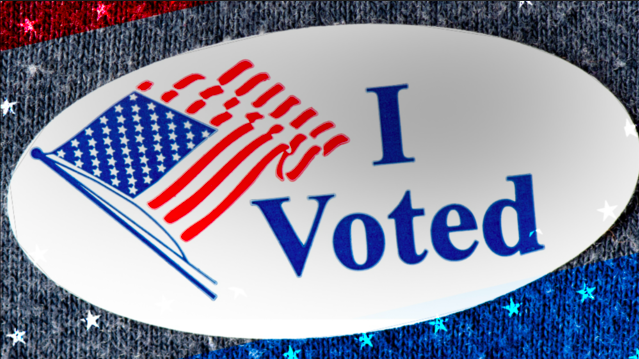Written by Madalyn Chapman
Tuesday, Nov. 6 was the date of the 2018 midterm elections. 35 out of the 100 seats in the United States Senate were up for re-election, as were all 435 seats in the House of Representatives. 36 states also chose new governors.
The 2018 midterm elections resulted in the Democrats taking the House of Representatives, while the Republicans will maintain control of the Senate.
Over 100 women were elected to the House of Representatives, which was a historic high. There were also many historic firsts.
The first Muslim women were elected to Congress: Rashida Tlaib (D-MI) and Ilhan Omar (D-MN).
Alexandria Ocasio Cortez (D-NY) and Abby Finkenauer (D-IA) became the youngest women to ever be elected to Congress at 29 years old.
The first Native American women in Congress were also elected. Sharice Davids (D-KS) and Deb Haaland (D-NM) will begin their terms on Jan. 3, 2018, along with all other newly elected representatives.
Colorado elected the first openly gay governor in the country as Democrat Jared Polis pulled ahead of Republican Walker Stapleton.
Massachusetts elected Democrat Ayanna Pressley and Connecticut elected Jahana Hayes (D-CT). Both states are sending a black woman to represent them in the House of Representatives for the first time.
Arizona and Tennessee elected their first female senators, Republican Martha McSally and Republican Marsha Blackburn, respectively.
Maine and South Dakota elected their first female governors: Janet Mills (D-ME) and Kristi Noem (R-SD).
Before the midterm elections, Republicans controlled the House, the Senate and the presidency. There wasn’t a body of the legislative branch controlled by the Democrats, so the Republicans were able to push through legislation that may have been difficult or impossible to otherwise.
The results of the midterm elections mean the Democrats will have an increased ability to block legislation from the Republican party. It also means they will be able to launch investigations into President Trump’s finances and ethics, as well as Russian interference in the United States’ affairs.
“Washington could now face deep political polarization and legislative gridlock following the divide,” says Vickie Oliphant, a reporter for Express, a newspaper based in the United Kingdom.




